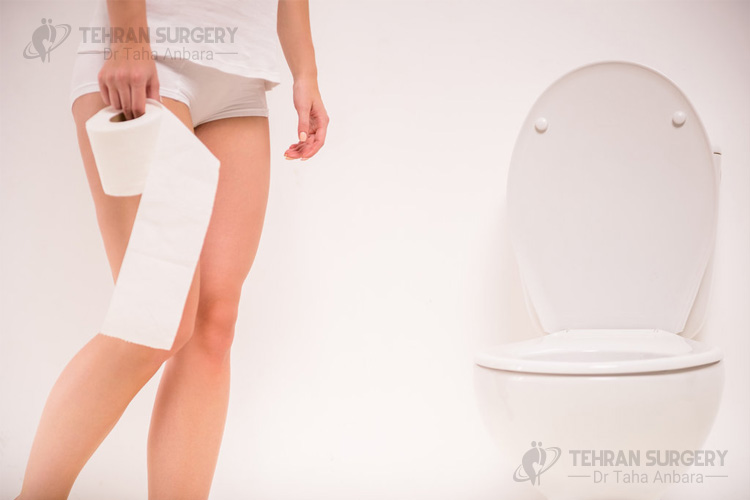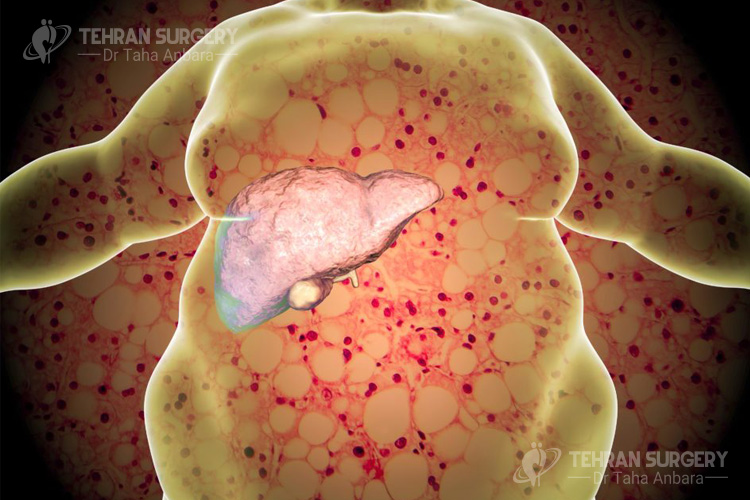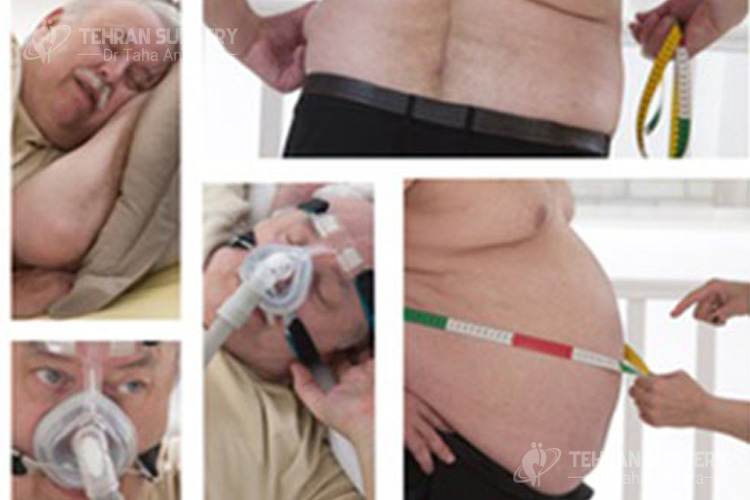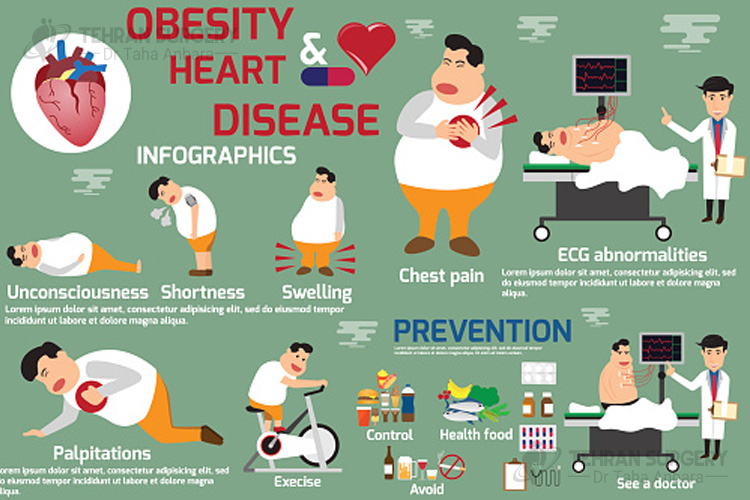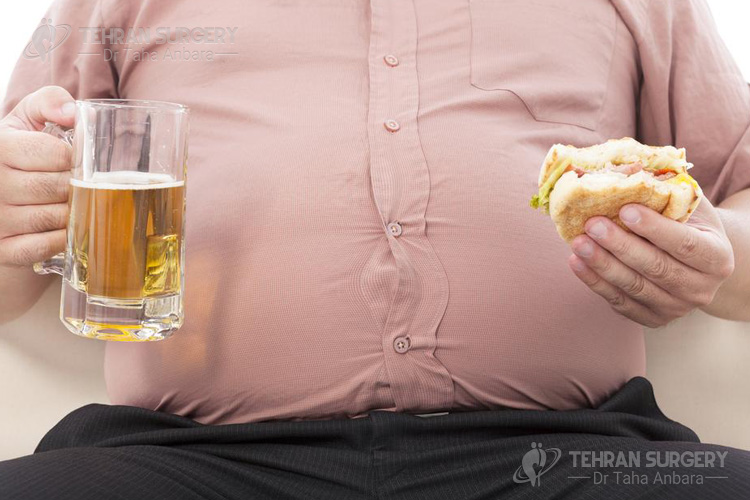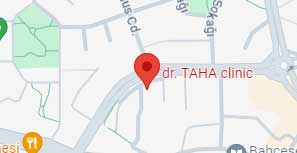
Diarrhea after bariatric surgery
Most patients may experience diarrhea after bariatric surgery especially after a malabsorptive procedure like gastric bypass surgery and Biliopancreatic Diversion. It may be associated with other symptoms like abdominal pain and cramping, flushing, nausea, and light-headedness. Generally, weight loss surgery effect on different bodily functions, including bowel function, depending on the type of bariatric surgery.
What is diarrhea?
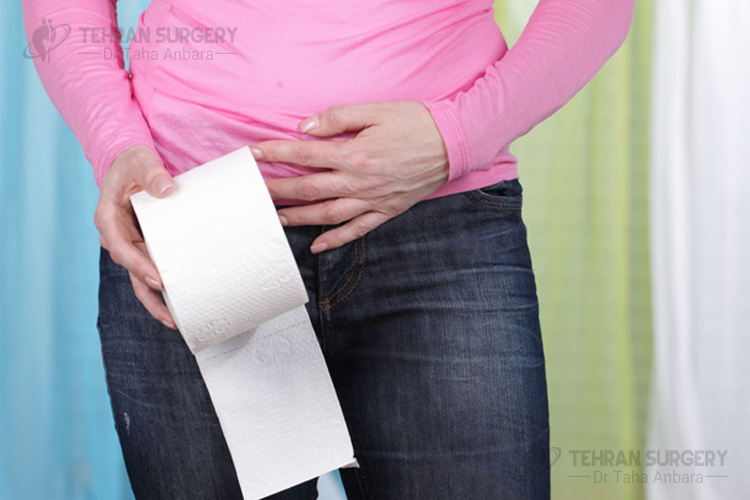
Diarrhea is the frequent passage of loose stools and an increase in fluidity and frequency of stool. Diarrhea classifies as osmotic, secretory, infective and deranged motility depending on etiology or mechanism.
Osmotic diarrhea: it may occur because of the present excess solutes in the intestine that leads to non-absorption of water. Osmotic diarrhea can also happen when there is a shortage in an enzyme which is necessary for the digestion of certain carbohydrates or when you ingest a poorly absorbed substance.
Secretory diarrhea: this type of diarrhea result when the rate of discharge of fluid by the intestinal wall into the lumen overpass the rate of absorption. Some other factors such as certain hormones, poisons, drug, laxatives may cause secretory diarrhea.
Infectious diarrhea: disruption of intestinal epithelium by viral or bacterial pathogens leads to infectious diarrhea.
Causes of diarrhea after bariatric surgery
Diarrhea after bariatric surgery can be related to fatty acids passing directly into the colon which causes irritation, while in the normal condition they should absorb in the small intestine. Another reason is passing rapidly of undigested food through the gastrointestinal tract. More addition, sorbitol which found in berries, fruits or used as an artificial sweetener is another factor that may cause diarrhea. Sorbitol cannot absorb well in the GL tract and will be fermented in the colon and causes gas and diarrhea.
Dumping syndrome is another reason for diarrhea for patients who have undertaken gastric sleeve surgery. Dumping syndrome occurs due to the rapid emptying of the stomach content into the small intestine.
Addressing Diarrhea

You can prevent or even solve diarrhea after weight loss surgery. The first step is to understand that it is a normal condition for the early stages post-op the surgery. You should drink enough water or liquids to prevent dehydration. You need also allow your body to adjust slowly and gently to the changes. But if diarrhea lasts for a long time, you should contact your doctor as soon as possible.
Bowel habit changes after the bariatric surgery
According to some researches, the incidence of diarrhea before the surgery is twice for bariatric patients compare to other people. It maybe occurs because of the poorly absorbed sugars for these people. Generally, bariatric populations have frequent digestive symptoms before and after weight loss surgery.
Patients who have undertaken Duodenal switch (DS) their bowel movement are more affected compared to the other types of bariatric surgery. Normally they will have 2-3 soft bowel movements per day, it is a wide spectrum. At this spectrum, some patients may have a single bowel movement a day while others may experience more than ten bowel movements a day. These patients may also have another serious issue as foul-smelling flatus.
General speaking your body function will change after the bariatric surgery and you will experience some complications and side effects post-op the weight loss surgery such as diarrhea or constipation. You should allow your body to adjust to the new changes and follow your post-operative instruction. But if the symptoms last for a long time you should contact your doctor as soon as possible.

